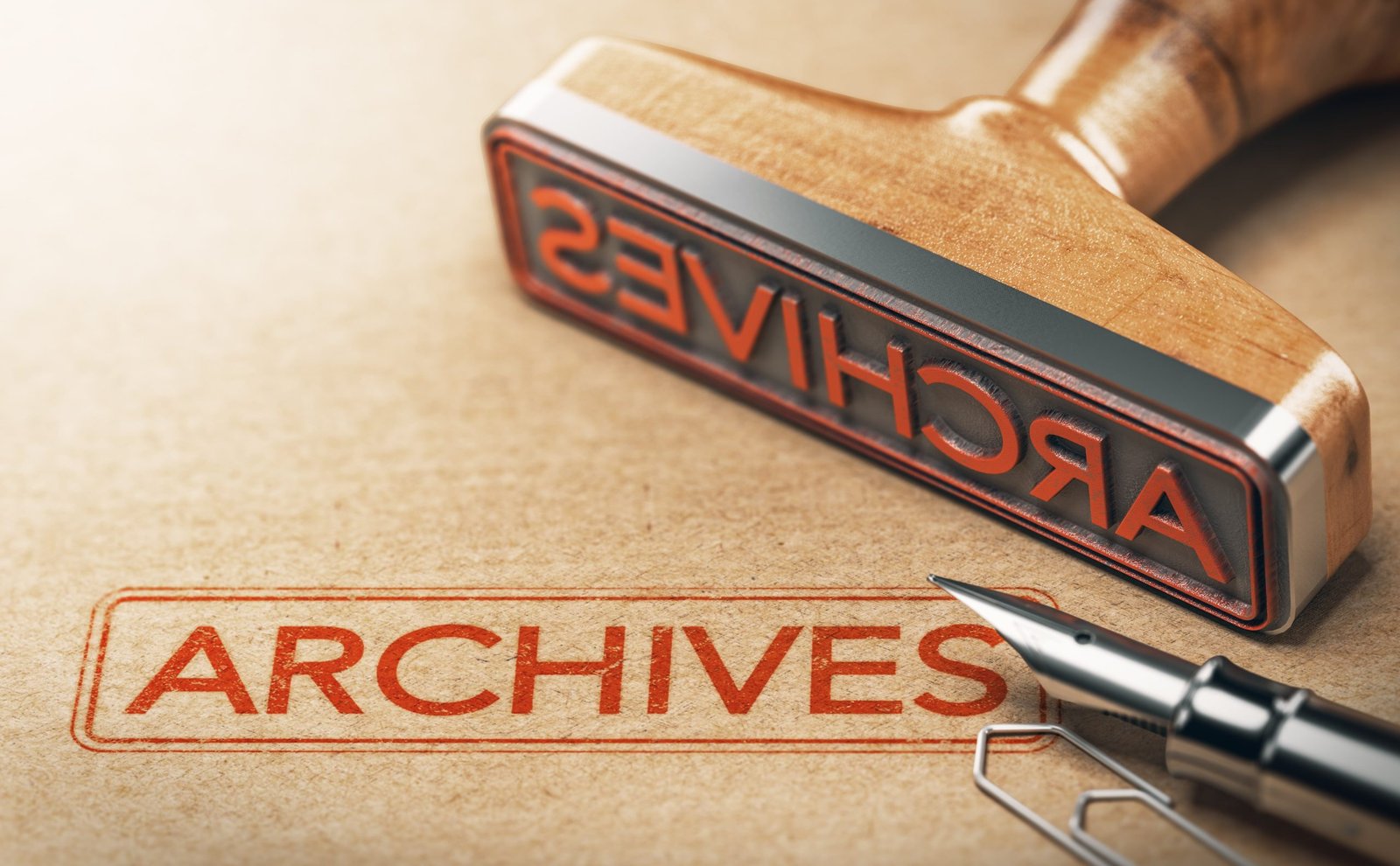
07 May Overcoming the thought that we cant get past 1860 in our records
Tracing African American ancestry can be a difficult and emotional journey, with many challenges and roadblocks along the way. The history of slavery and discrimination has left a lasting impact, making it difficult to find information about ancestors who were once considered property. However, with determination, creativity, and the right resources, it is possible to overcome these challenges and discover the rich and complex history of African American heritage.
One of the biggest challenges in tracing African American ancestry is the lack of records. Many of the records that would typically be used to trace ancestry, such as census records and birth certificates, were not kept for slaves or were destroyed over time. This can make it difficult to find even basic information about ancestors, such as names and birth dates.
To overcome this challenge, genealogists and researchers must think outside the box and get creative with their search methods. They may need to rely on non-traditional sources of information, such as church records, plantation records, and even oral histories passed down through generations. By piecing together information from various sources, researchers can begin to create a more complete picture of their ancestors’ lives.
Another challenge in tracing African American ancestry is the emotional toll it can take. Learning about the brutal reality of slavery and the discrimination that followed can be overwhelming and triggering. It is important for researchers to take care of themselves and seek support if needed.
One way to overcome this challenge is to connect with other researchers and genealogists who are going through similar journeys. Online communities and support groups can provide a space for people to share their stories, ask for help, and find comfort in knowing they are not alone.
Enslavement is another challenge that must be addressed when tracing African American ancestry. Slaves were not given the same rights as free citizens, which means that they were often not listed in official records. This can make it difficult to find information about ancestors who were once enslaved.
One way to overcome this challenge is to use records that were specifically created for slaves. For example, the Freedmen’s Bureau records are a valuable resource for African American genealogy research. These records were created by the U.S. government after the Civil War to help former slaves transition to freedom. They contain information about marriages, births, and other important events in the lives of formerly enslaved people.
Tracing African American ancestry can be a difficult but rewarding journey. By thinking creatively, seeking support, and using non-traditional sources of information, researchers can overcome the challenges of lack of records and enslavement to reclaim and reconstruct their cultural heritage.



